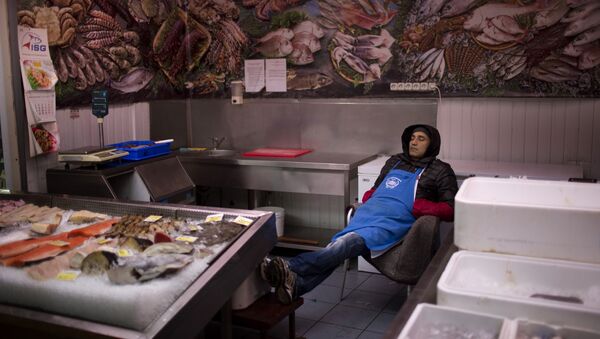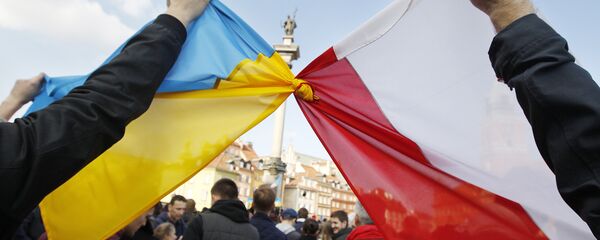Spending on food as a share of total income is a sign of a country's development, and in some developed nations such as the UK and Switzerland, people spend less than ten percent of their money on food.
In Ukraine, the proportion has reached 50 percent, as incomes have plummeted amid economic hardship. Double-digit inflation and galloping prices have sent average wages down from $400 per month in 2013 to less than $200 in 2016.
"When we say that the Germans spend 14 percent and we spend 50 percent, there is a system of priorities here," Reva said, brushing off the Germans' well-known passion for meat dishes.
"All his life, my father considered it a priority to eat well. He believed that there are some things you can refuse, but eating well and nutritiously is very important. Our people have this kind of historical tradition. Holodomors and wars forced them to see the issue of nutrition differently than in other countries," Reva explained.
Reva said that the price of food in Ukraine and Germany are "about the same," adding that German people "eat less not because they don't have the opportunity, but because that is their culture. That is why they spend less than we do."
The blockade of Donbass began in January, when a group of former participants of Ukraine's military operation in the southeast blocked traffic on several segments of freight rail lines running from Donbass. In March, Ukrainian President Petro Poroshenko backed the blockade and enacted the decision of the National Security and Defense Council of Ukraine to sever all transport connection with the self-proclaimed people's republics of Donetsk and Lugansk.




